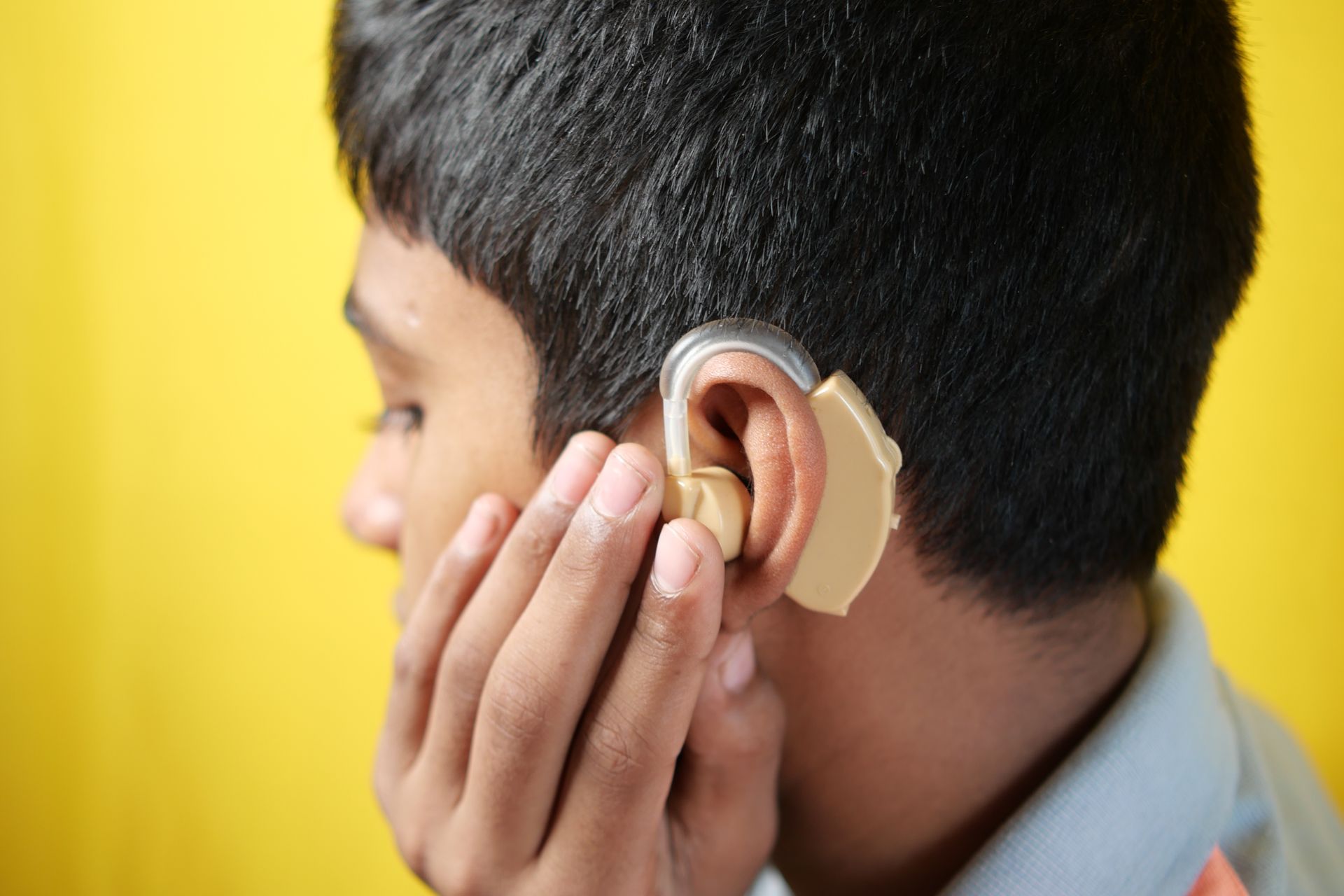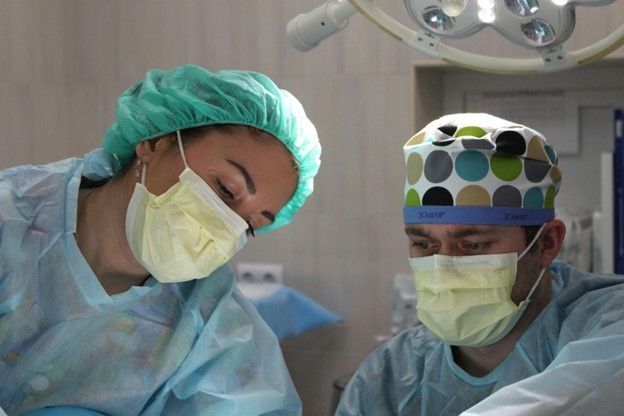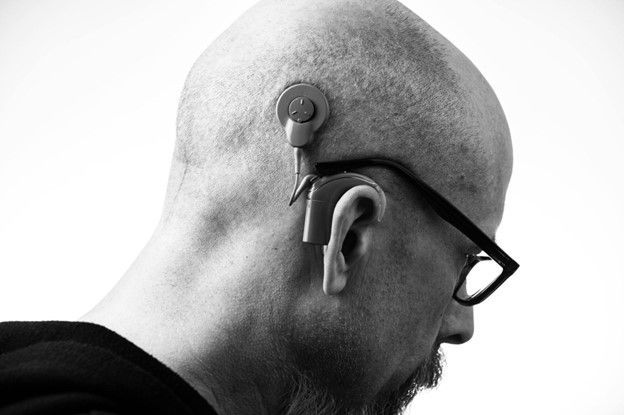Signs and Symptoms That Indicate You Need a Tonsillectomy
If you are constantly battling throat infections caused by viruses or bacteria, it’s a sign that you need a tonsillectomy. Your body exhibits specific symptoms when your tonsils are aggravated and need medical care.
Read on to learn about the symptoms to watch out for.
What Is a Tonsillectomy?
A tonsillectomy is the surgical removal of tonsils. Tonsils are tissue lumps on both sides of the back of your throat. They help you evade harmful pathogens and improve your immune system when fighting infections.
These infections commonly occur in young people, although they can also affect adults. Tonsillectomy surgery used to be a standard procedure to treat aggravated tonsils. Today, however, medical professionals tend to wait and observe your condition before recommending tonsillectomy. Now, the surgery is only suggested under extreme circumstances.
Signs & Symptoms
● Respiratory problems
● Recurrent tonsillitis
● Fever
● Aphthous stomatitis
● Nausea
● White spots on tonsils
● Throat pain
● Difficulty in swallowing
Signs & Symptoms
1. Sleep & Breathing Disorders
Tonsilitis can aggravate any pre-existing sleep and breathing disorders. Your doctor would usually recommend a tonsillectomy to prevent infections from worsening. Talk to a medical professional about your troubles. They will observe your condition before deciding on a relevant course of action.
2. Abscess
An abscess occurs when the region around your tonsils becomes infected with pus. These, along with tumors, are the main reasons to opt for tonsillectomy.
Post-Tonsillectomy Recovery
It’s common to experience some pain after a tonsillectomy. Most patients have a sore throat after the surgery, and some feel pain in their ears, neck, and jaws. We recommend plenty of rest for the first three days after the surgery. It’s also common for people to snore for the initial two weeks post-surgery.
For a week after surgery, avoid eating hard, crunchy, and spicy foods. Applesauce and warm broth can significantly benefit your recovery. Ice cream, oatmeal, pudding, and other soft foods can also help. Don’t gulp down your water or swallow anything too quickly. Eat ice pops and slowly sip your water. They help you stay hydrated without hurting your throat.
Your doctor might recommend some pain medication during recovery. Take them as your doctor prescribes, and it can help you recover faster.
Contact your doctor immediately if you have trouble breathing in the initial weeks after your surgery, experience bleeding, or run a fever.
A tonsillectomy is essential if you have any of the symptoms listed above. The sooner you consult a doctor about them, the sooner you recover. Our team of experts at ENT Medical and Surgical Group is here to ease your concerns about tonsillectomy. We are dedicated to providing the best possible patient experience to you. Contact our experts today!













